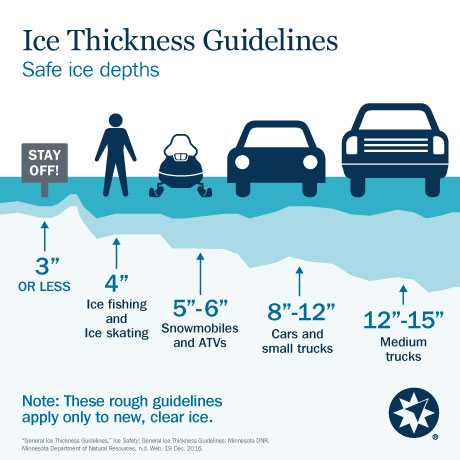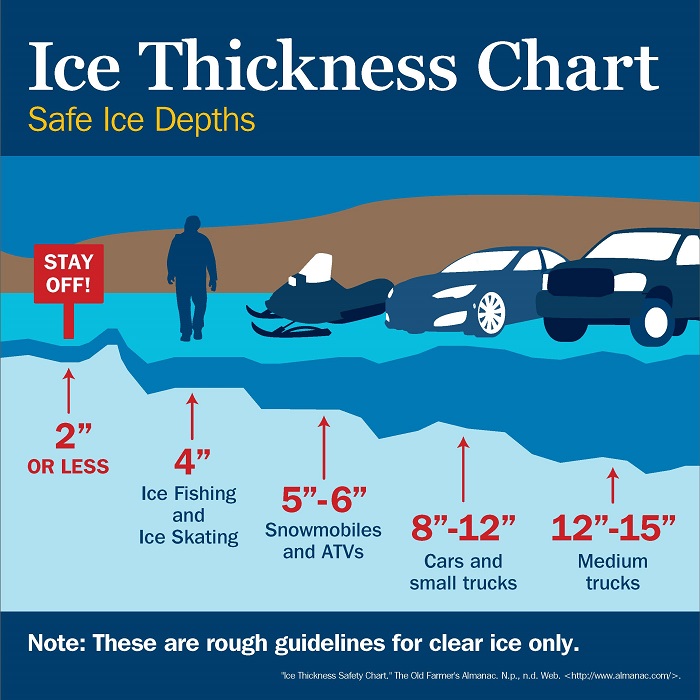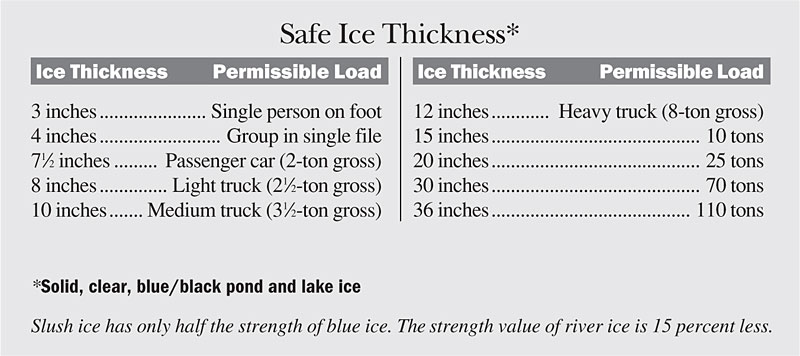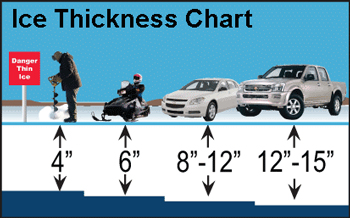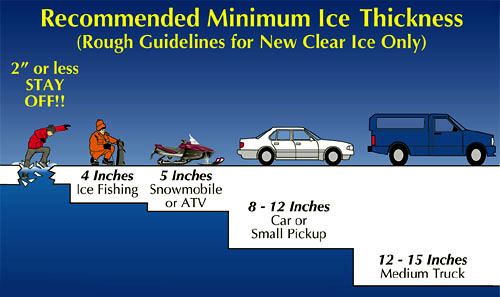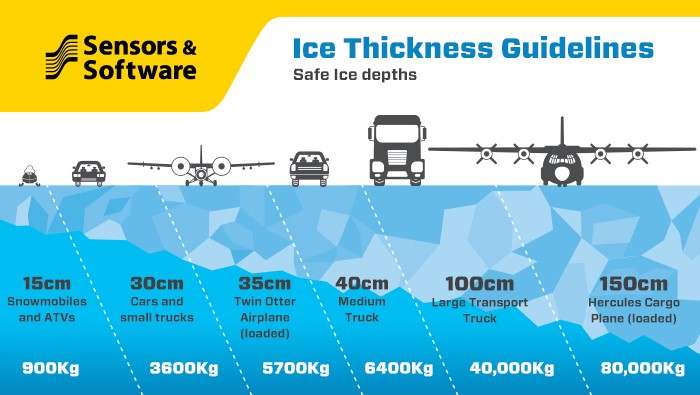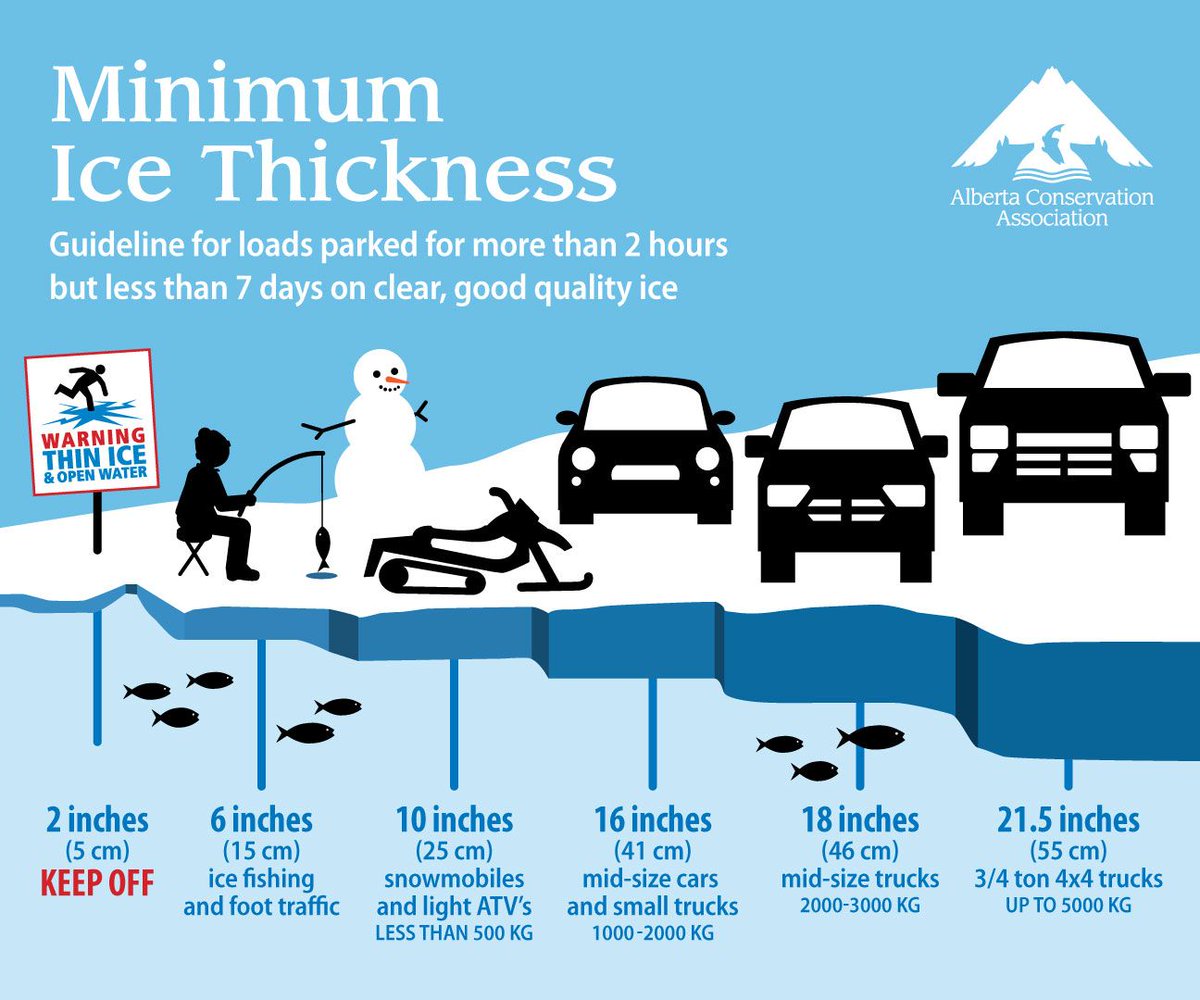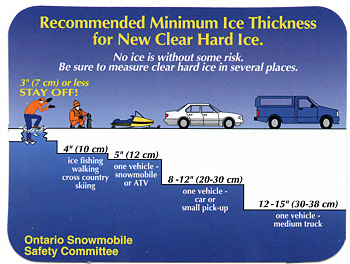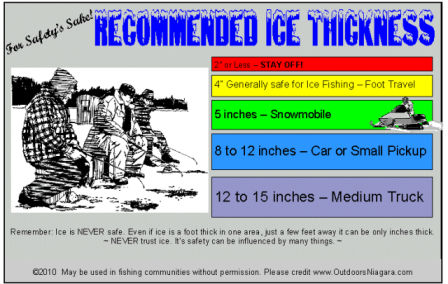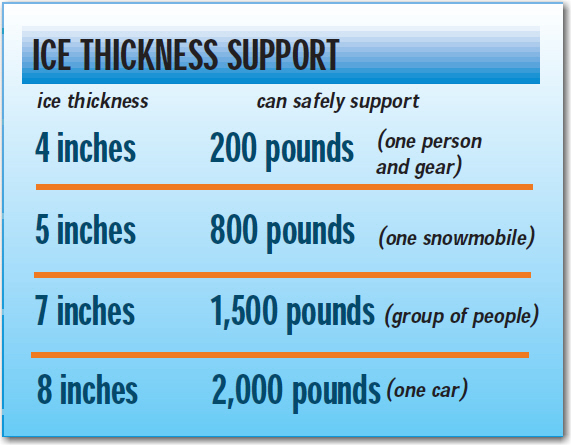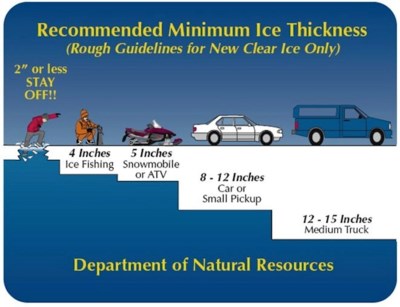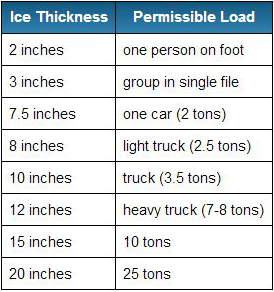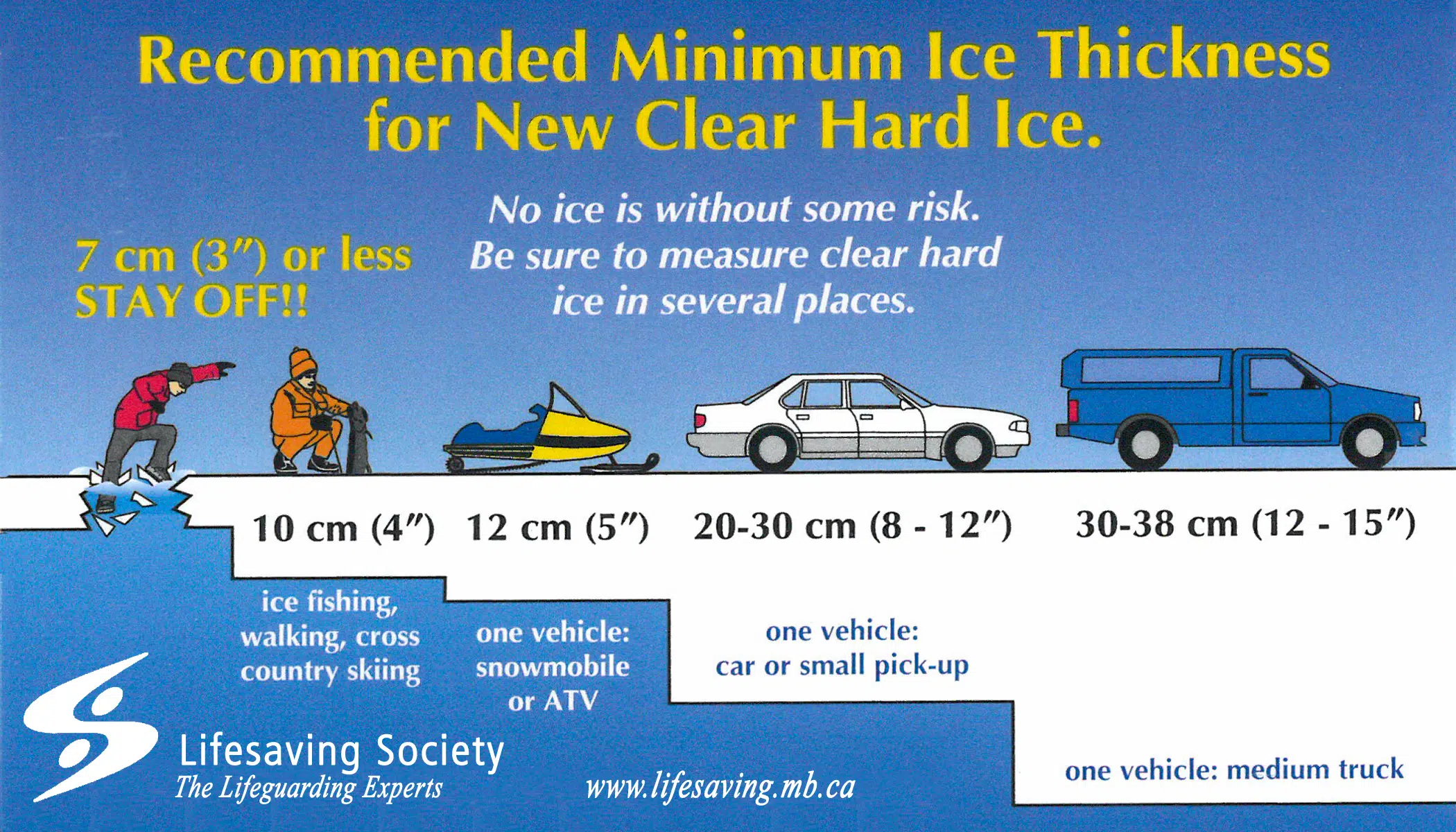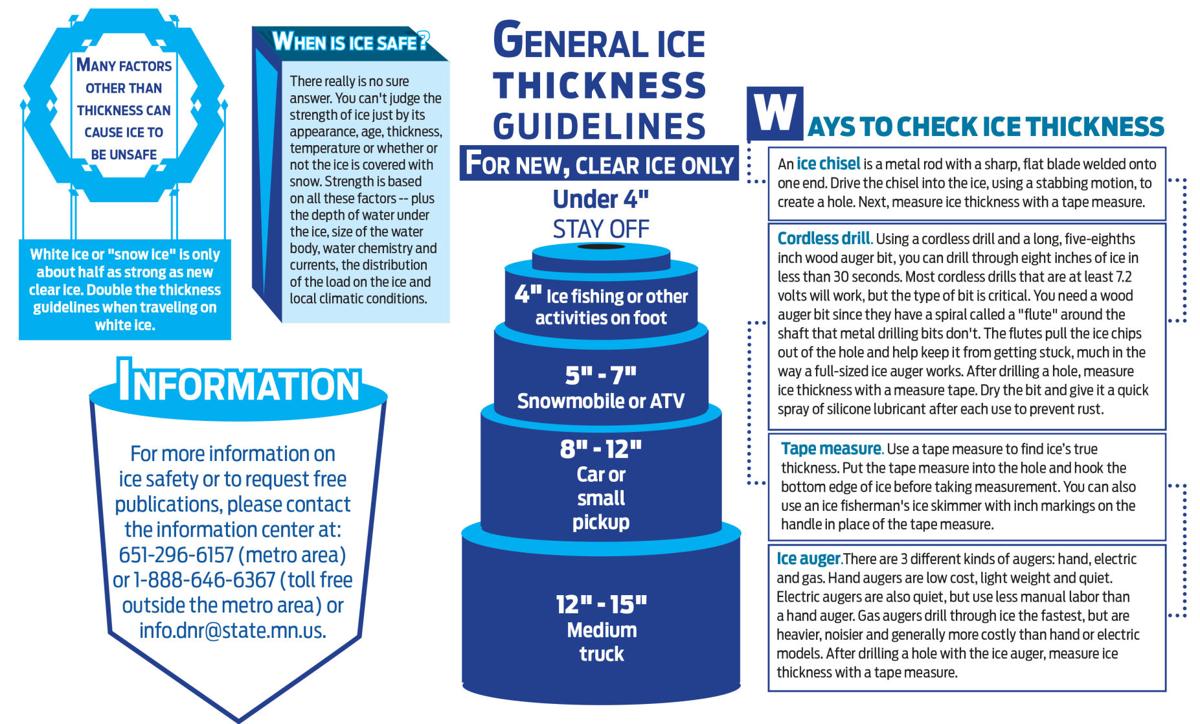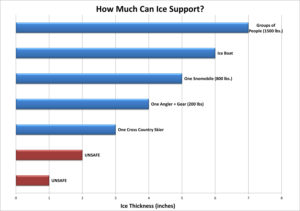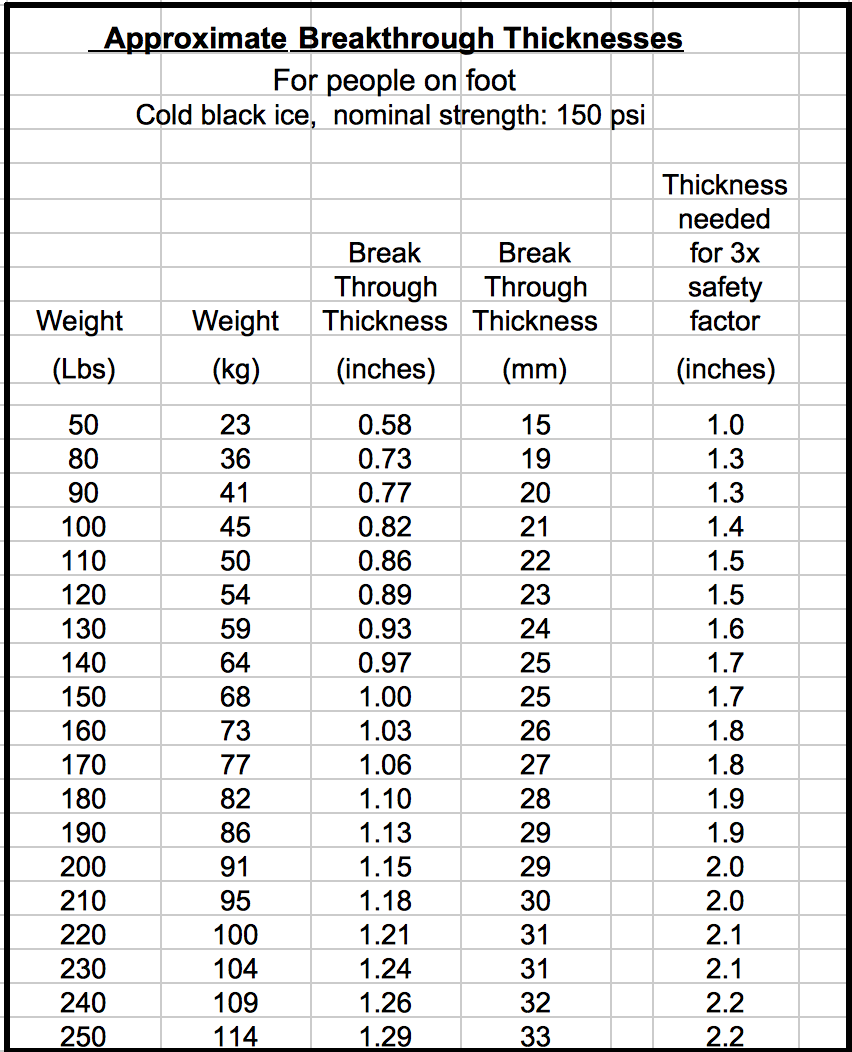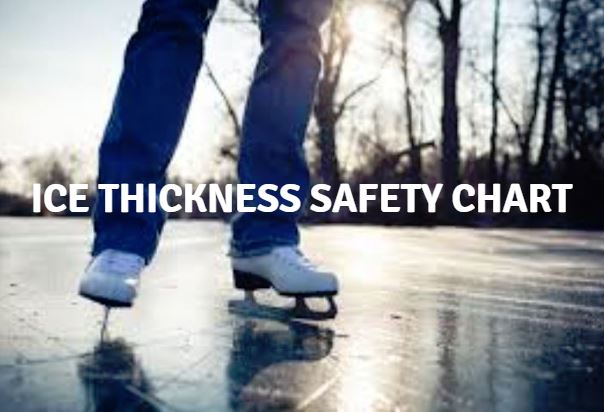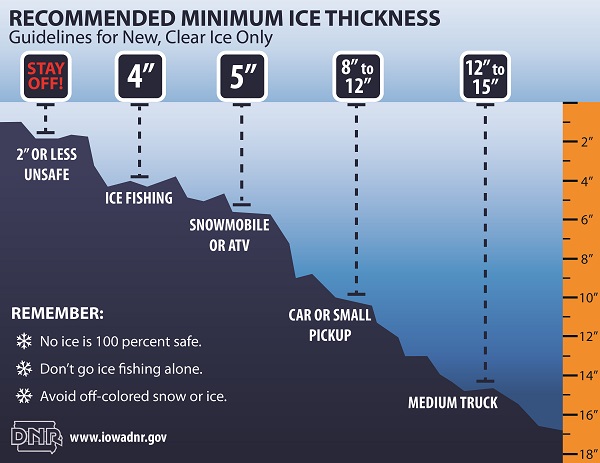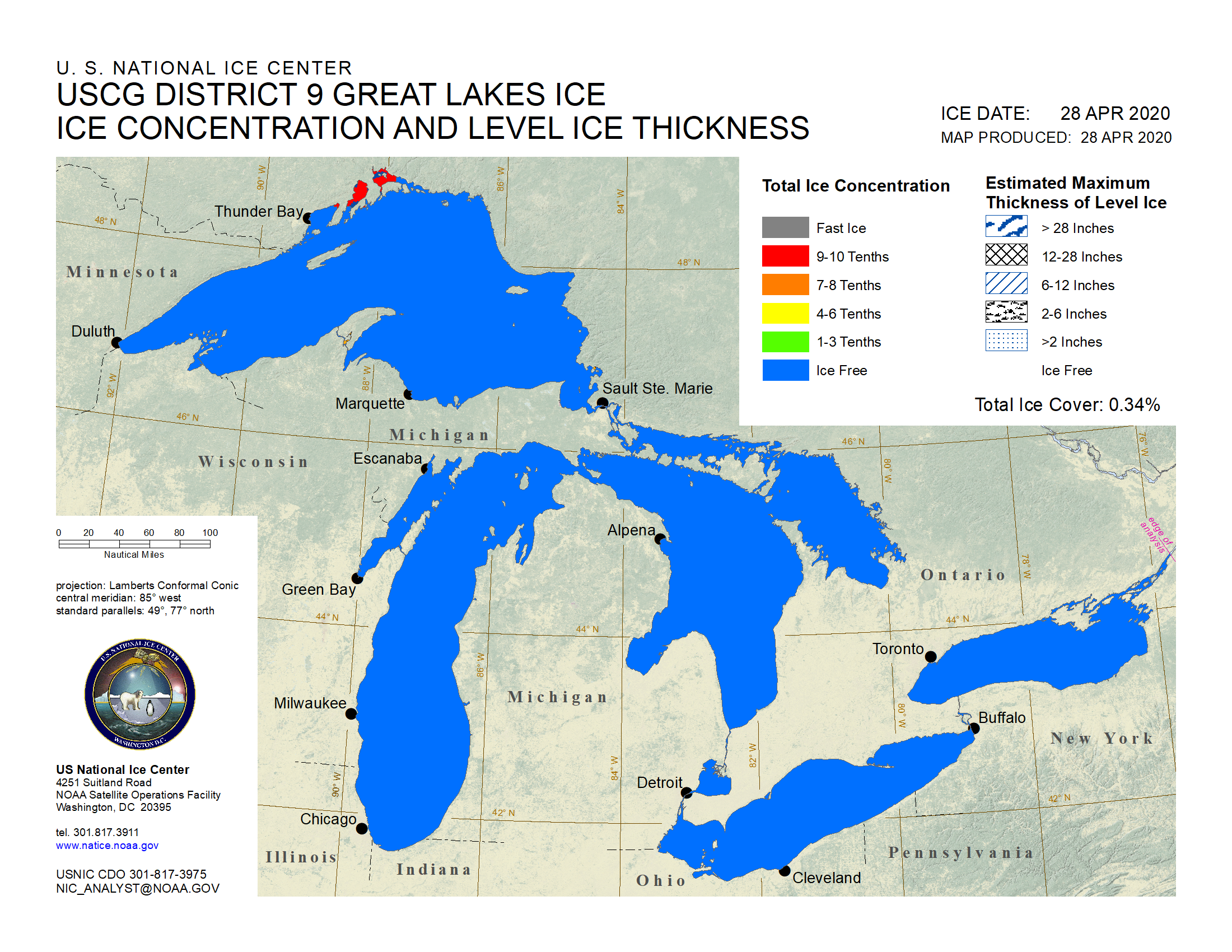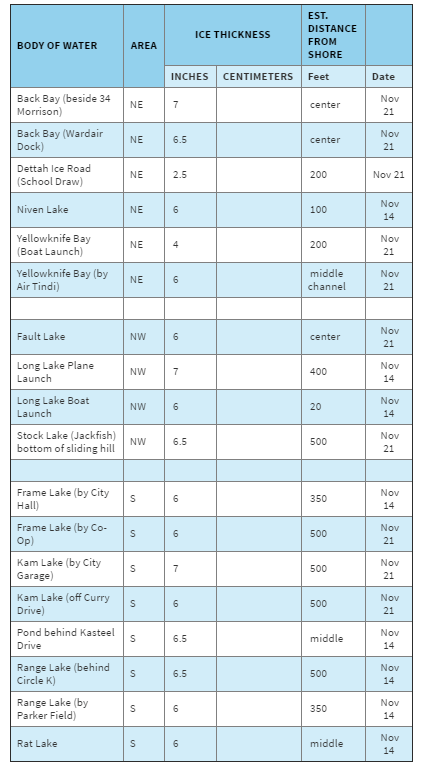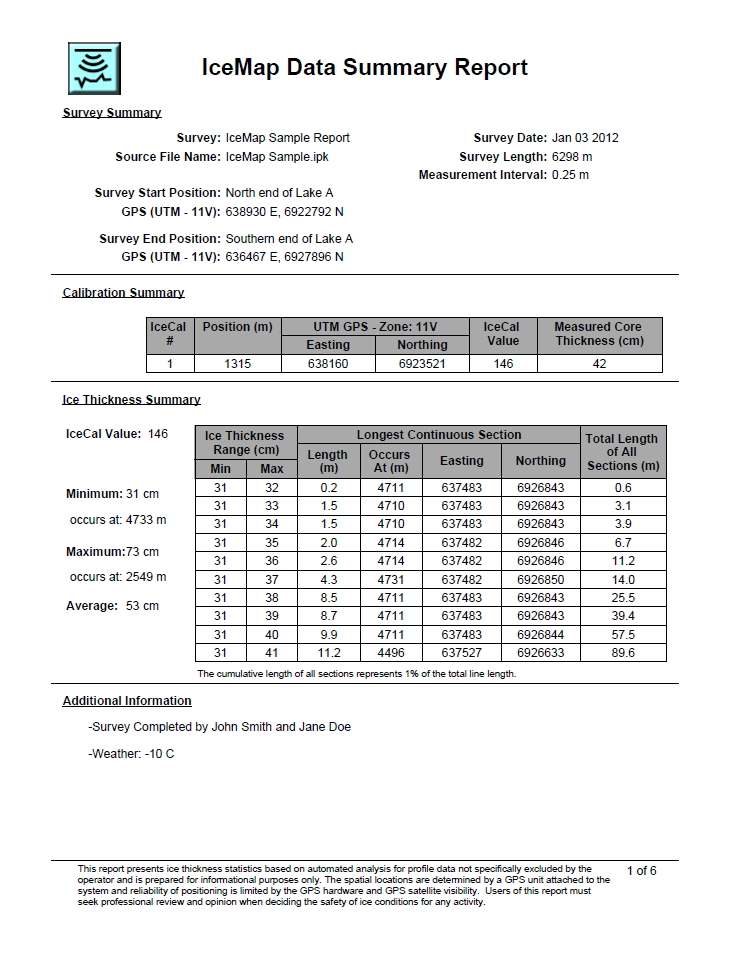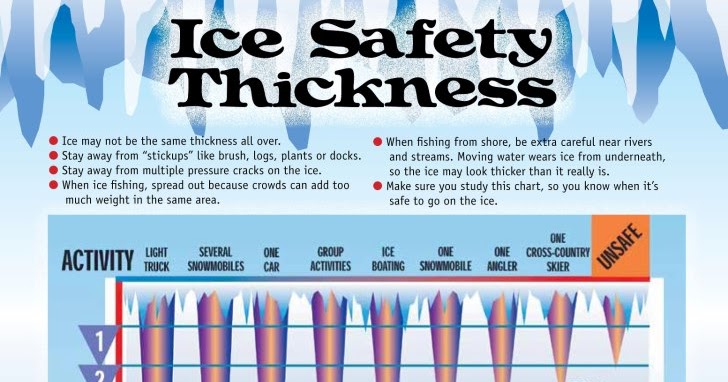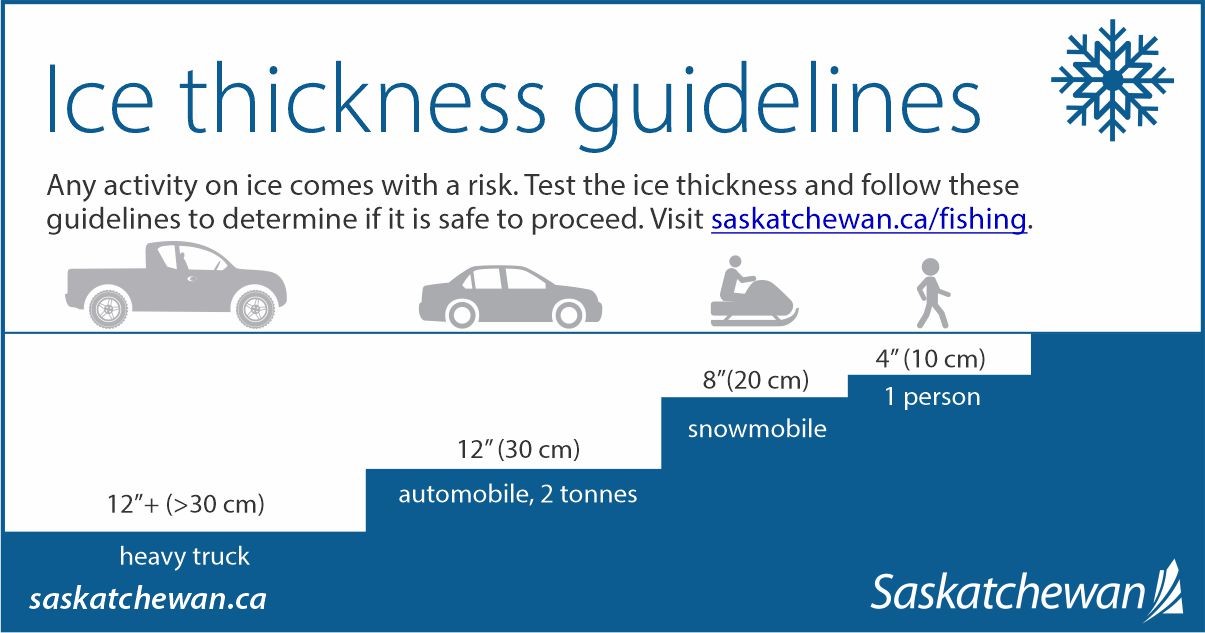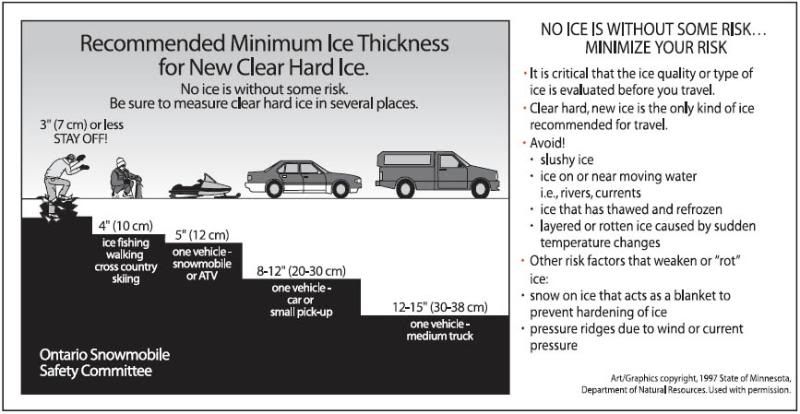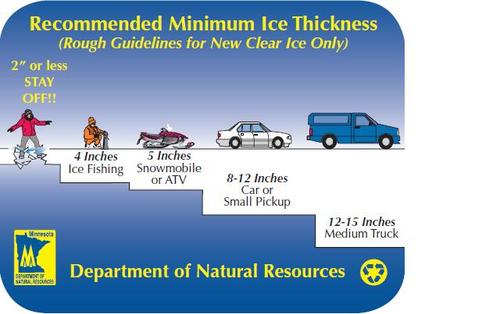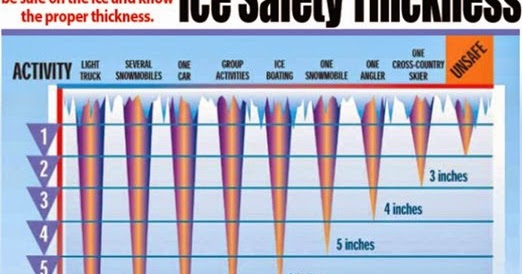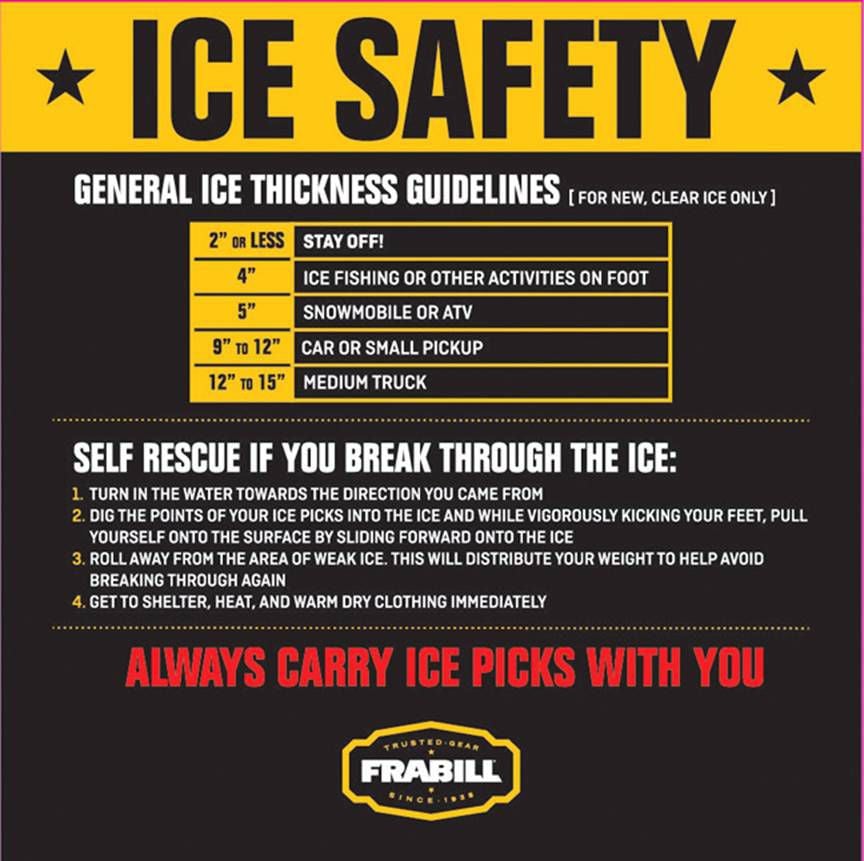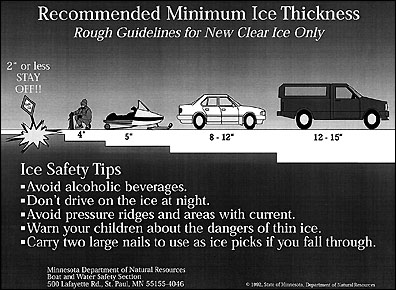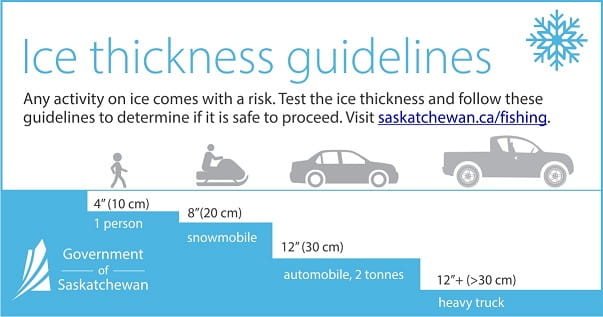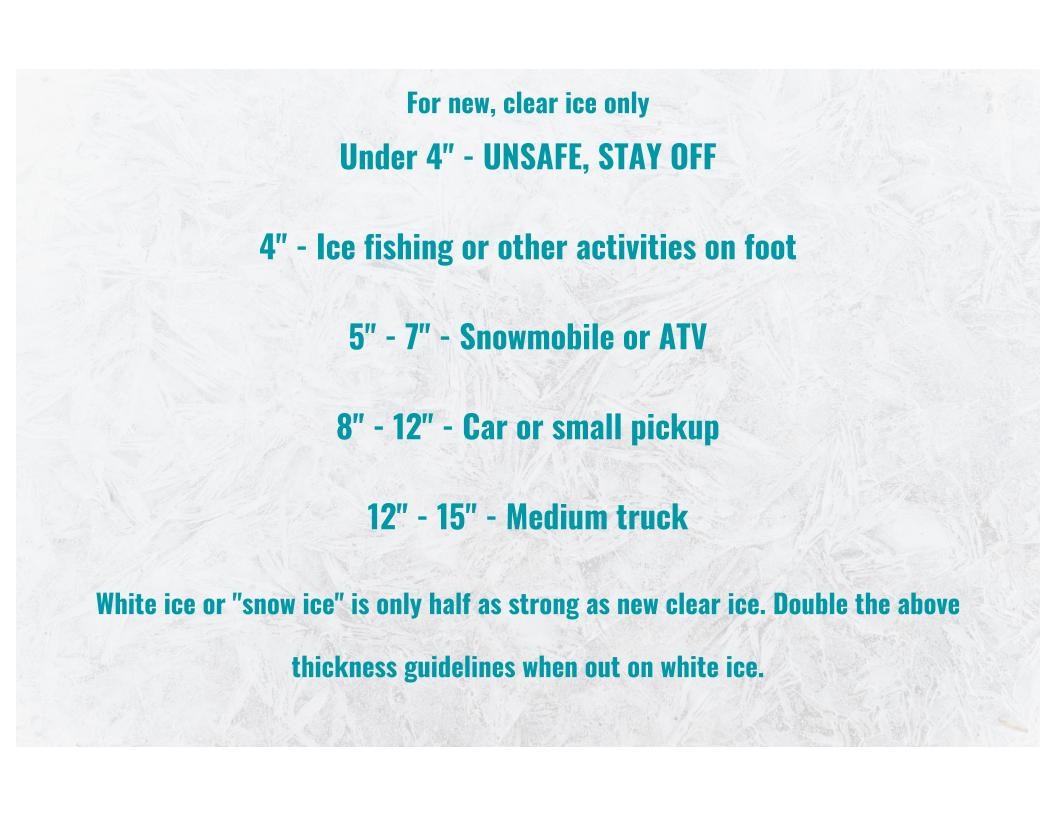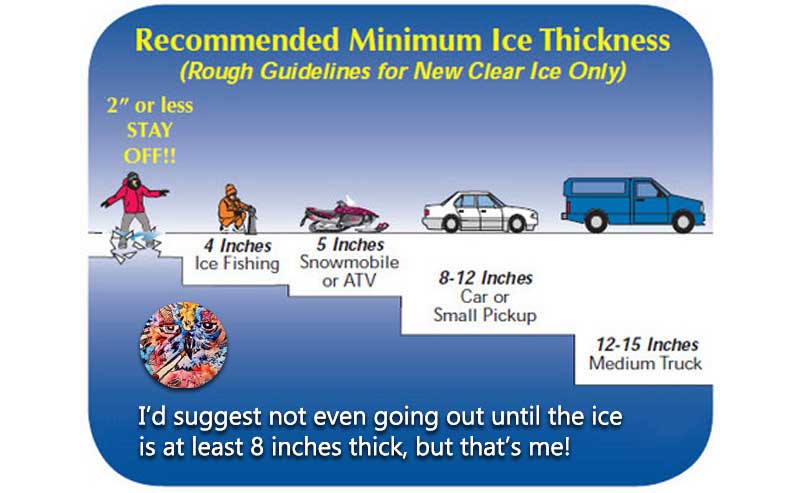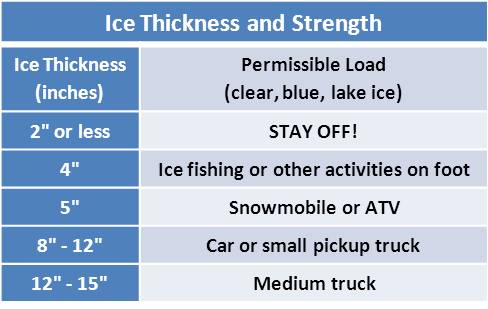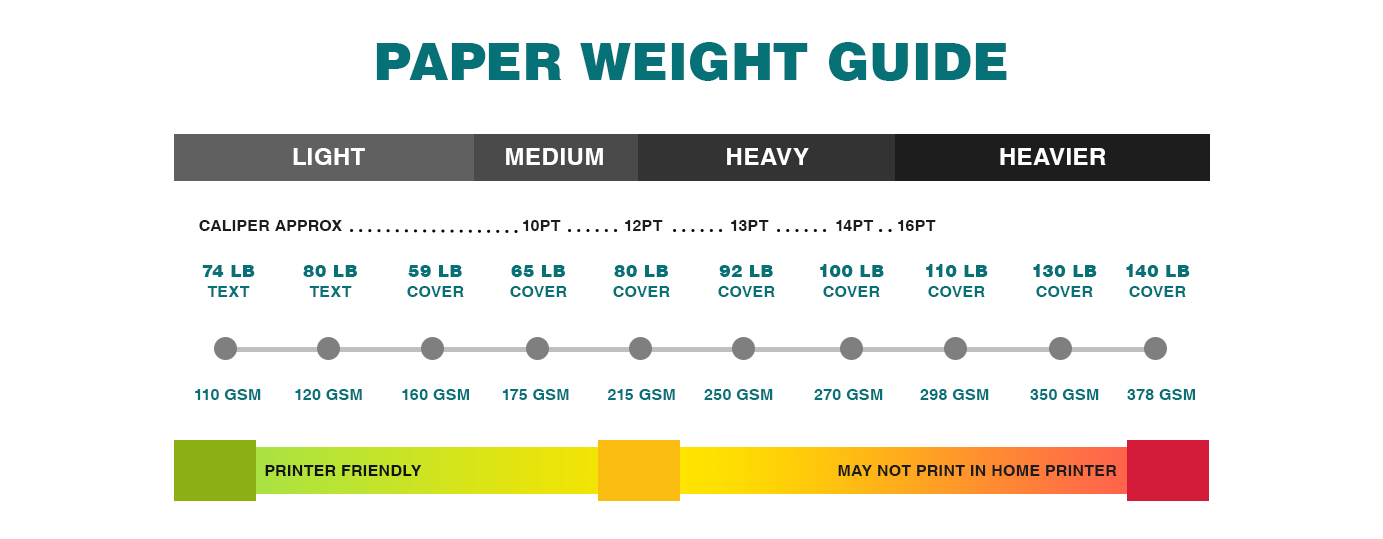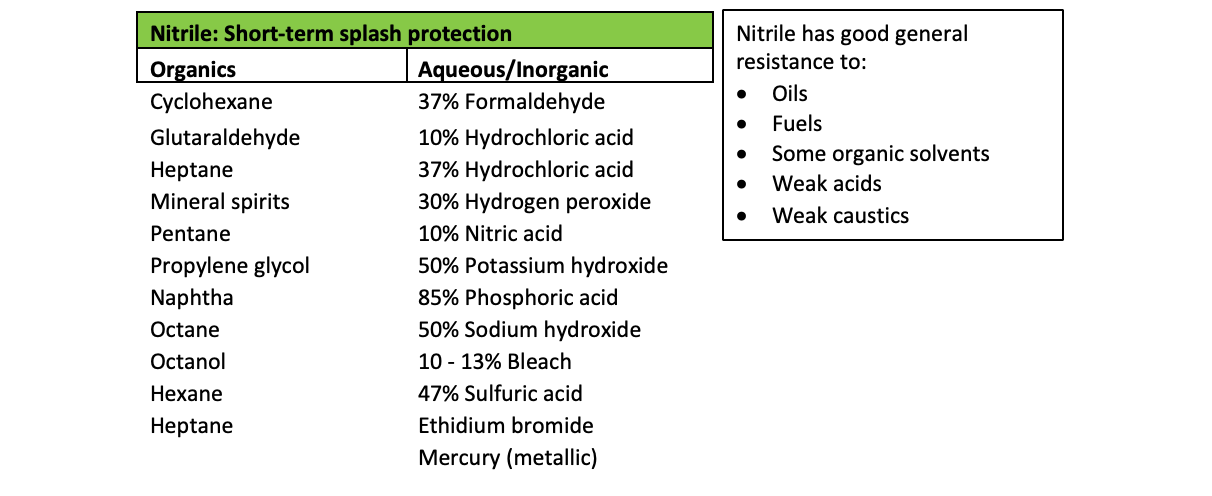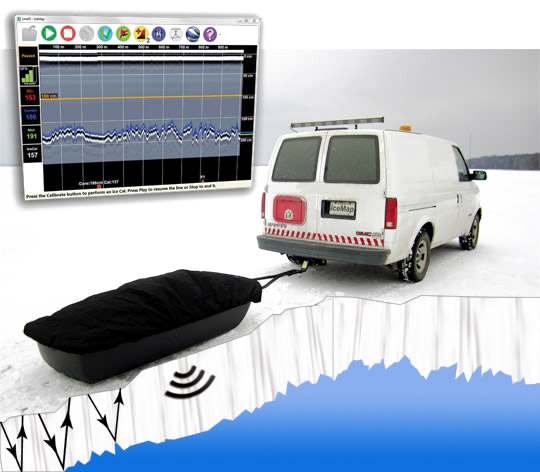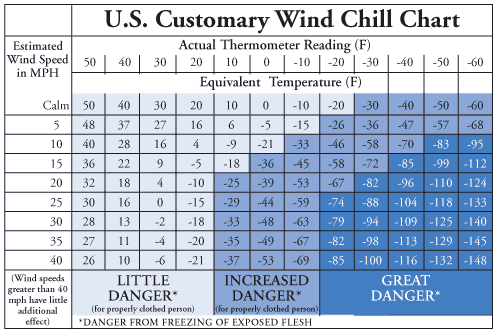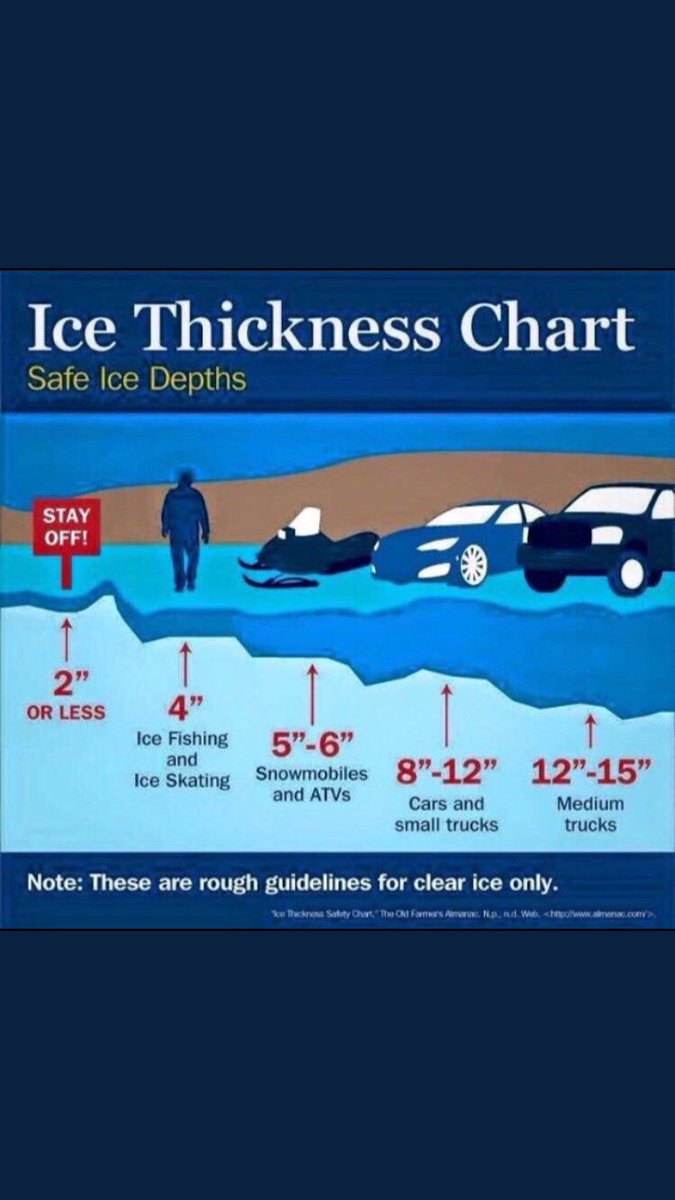Ice Thickness Safety Chart

Group in single file 71 2 inches.
Ice thickness safety chart. Safe ice thickness ice thickness permissible load 3 inches. Four inches is the minimum ice thickness for walking. Canadian field data graph.
Thickness of ice load or activity. Ice safety tips for walking fishing driving and more. Medium truck 31 2 ton gross ice thickness permissible load 12 inches.
What you need to know. Also don t drive in a group. One person cross county skiing.
6 10 inches snowmobiles and atv s can travel safely on good ice that is over inches thick. Exercise extreme caution when using vehicles on ice and go with someone who s familiar with the area. In cm 1 3 4 4 5.
4 6 inches ice fishing foot travel in single file lines and small spaced seating on the ice should be safe presuming the ice is clear and clean. Light truck 21 2 ton gross 10 inches. Because there can be many variations in the structure thickness temperature and strength of an ice sheet it is essential to carry out some fairly simple field observations of the ice sheet you want to use to support a load.
Graphs have been developed by researchers which include. Ice safety before you head outside. As the chart above shows ice needs to be at least 8 inches thick to hold a small pickup ruck.
Always go with a buddy. 10 16 inches small cars and pick ups can begin to venture on to the ice. A 3 1 2 tons truck.
Crrel ice load chart. One person on foot or skates. A 2 1 2 tons truck.
Passenger car 2 ton gross 8 inches. If you are unsure if the ice is safe don t take your chances. Check the ice thickness before you go on it.
Single person on foot 4 inches. Print out and post this ice thickness safety chart at your lakefront property for everyone to see.

